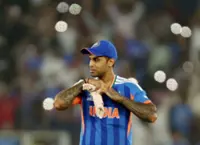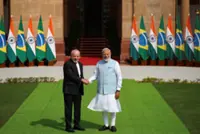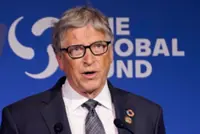NEW DELHI (The Straits Times/Asia News Network): It was Aarush Varma’s big screen debut. The 16-year-old made grand plans to watch the film’s premiere at a theatre, soaking in the public adulation. His family even envisaged inviting his classmates and friends for a special screening of the movie.
But all these plans came to naught.





